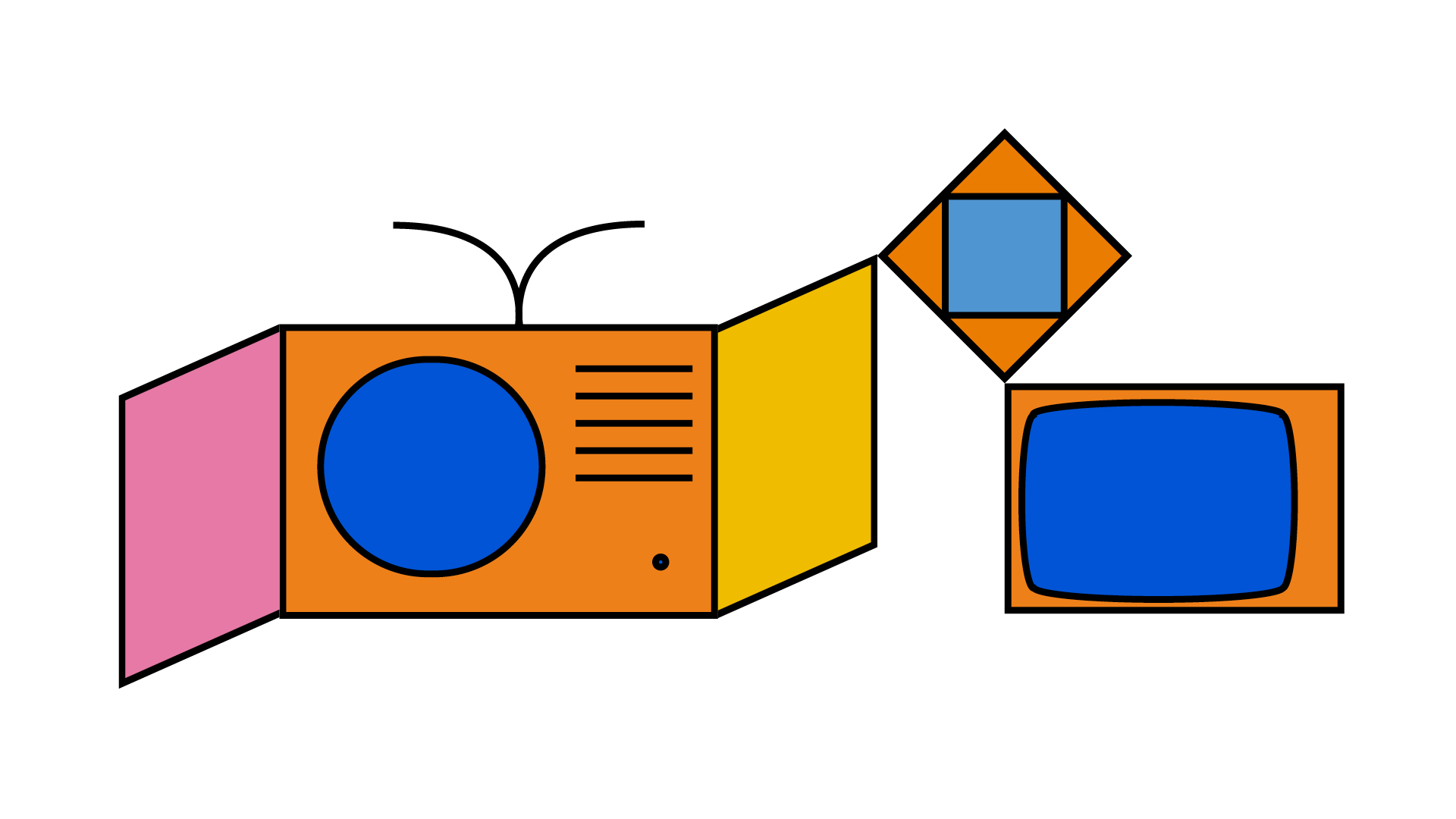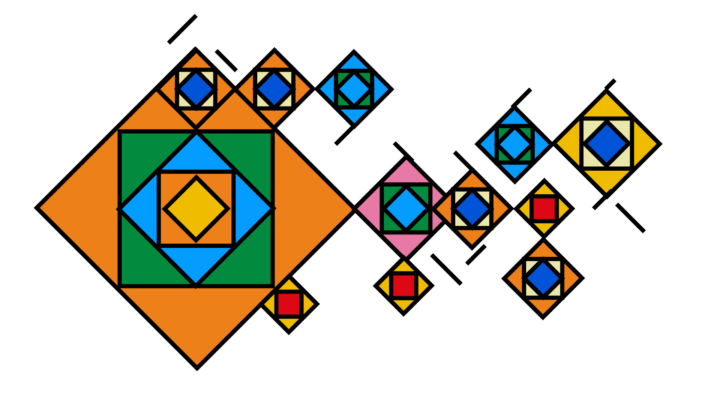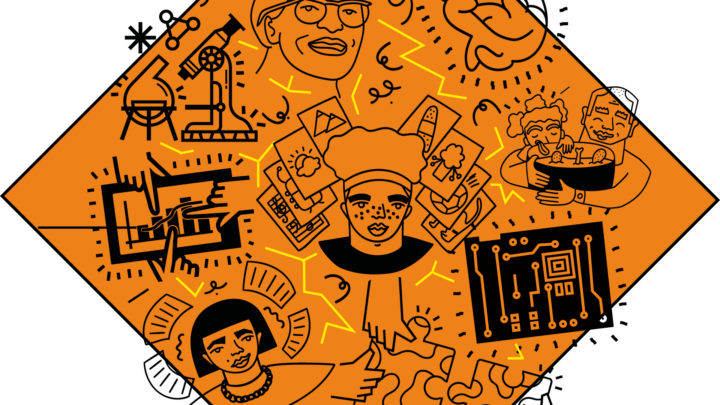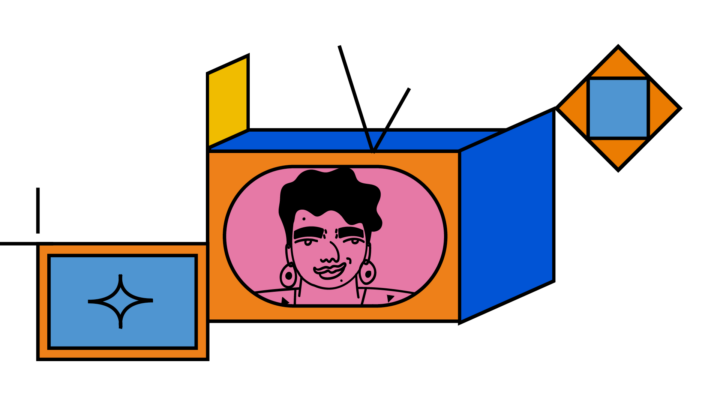Juliane Leopold is Editor-in-Chief Digital at ARD-aktuell.
Why does tagesschau now also rely on free Creative Commons licenses?
Juliane Leopold: As tagesschau, we are particularly committed to the public service mission of contributing to the free formation of opinion and orientation in society. CC licenses enable us to make certain content easier to use in a legally compliant manner, for example for educational institutions. This primarily involves explanatory content, which we create primarily for our digital channels. For example, on social networks or tagesschau.de, we repeatedly answer topical questions that arise in light of political or social developments. This content is often requested by educational institutions, and now it can be used in a legally secure and uncomplicated way. We have been doing this for more than two years.
It is of course great that for a few months now, we have also been able to reach people with our content outside of our own services, for example on Wikipedia, thanks to the free CC license. From our point of view, this strengthens our contribution to social discourse. Our content is thus made accessible to an even wider circle of users.
What does ARD expect from releases of public service broadcasting content?
At this point, we can only speak for tagesschau. tagesschau’s approach is to distribute the content of its strong news brand wherever people are looking for and need information content, for example, to be armed against disinformation. Third-party platforms are therefore very important for tagesschau. Content to acquire knowledge and for educational purposes play a very special role here, because they lie at the heart of the public service mission. Distributing selected tagesschau content under CC license has a decisive advantage for us:
We can reach more people who are interested in our content in order to acquire knowledge and for whom third-party platforms such as Wikipedia and YouTube are central points of contact when searching for information.
Where do you need to build trust and overcome concerns?
The decision by tagesschau to rely even more than before on content under CC license was complex. We worked for a long time in our distribution team, ARD Partner Management Publishing, to address our concerns, for example, about commercial use or misuse of our content and other legal issues. Organizations or media that want to go down this path should keep in mind that it takes capacity to get there. But from our perspective, the work is totally worth it.
What are the success stories that can already be told?
We have a couple of videos that we’re very pleased with when looking at the number of views they’re getting on Wikipedia. “Briefly explained: How do gender and sex differ?” with 212,000 views so far is one example. It has been integrated into the German-language, Bashkir and Serbian Wikipedia, as well as various places on Wikidata. Explainer videos on ETFs and exponential growth have also been well received by the community. It is possible that tagesschau will have a lighthouse effect in the direction of ARD and ZDF, bringing more valuable content under a free license to the platforms and thus to the people. But it is still too early to judge.





